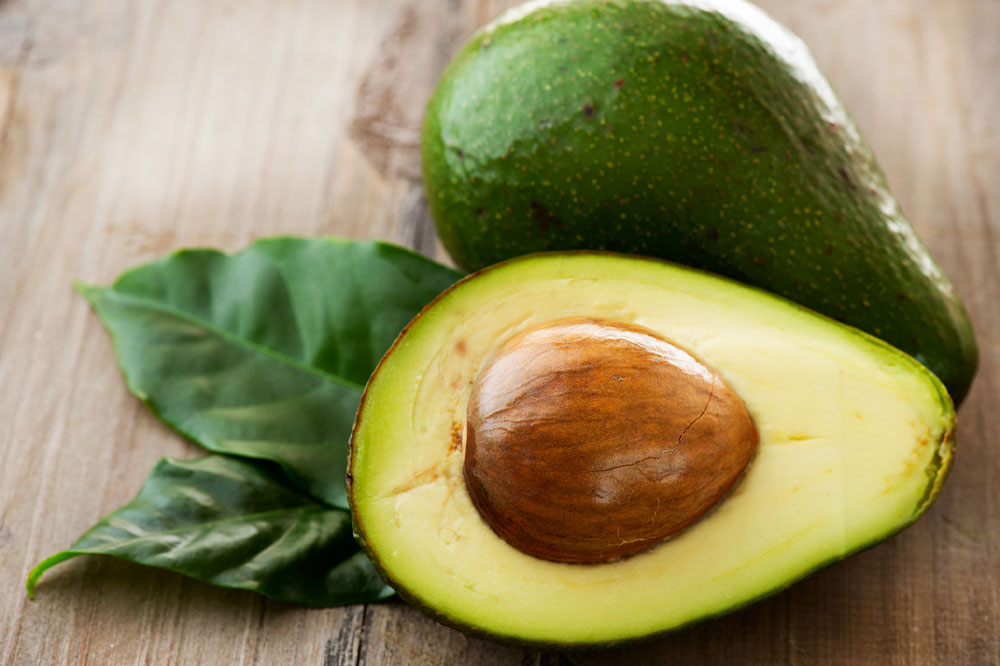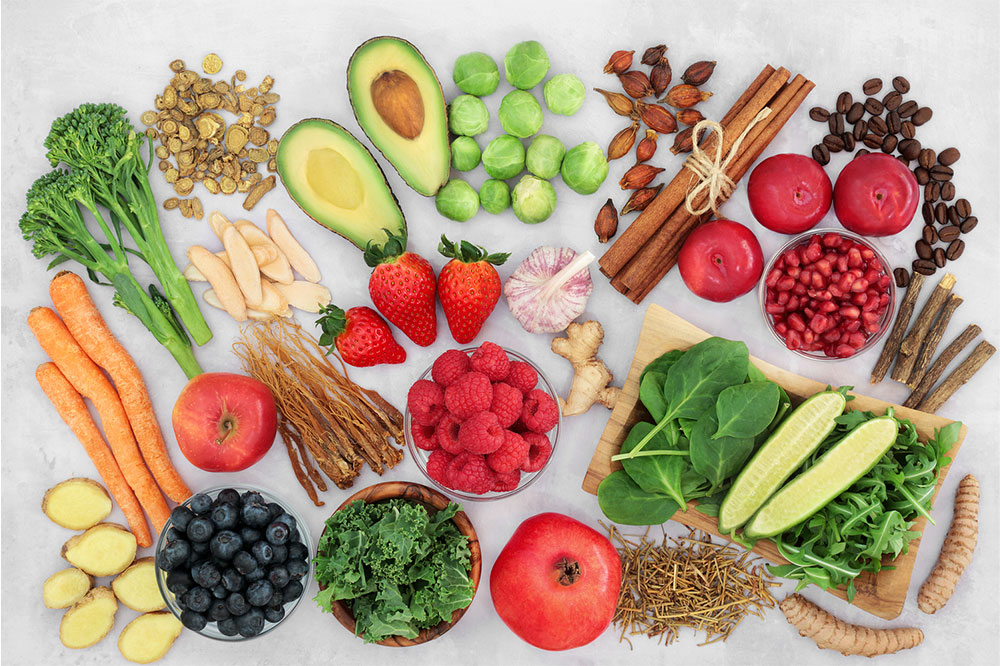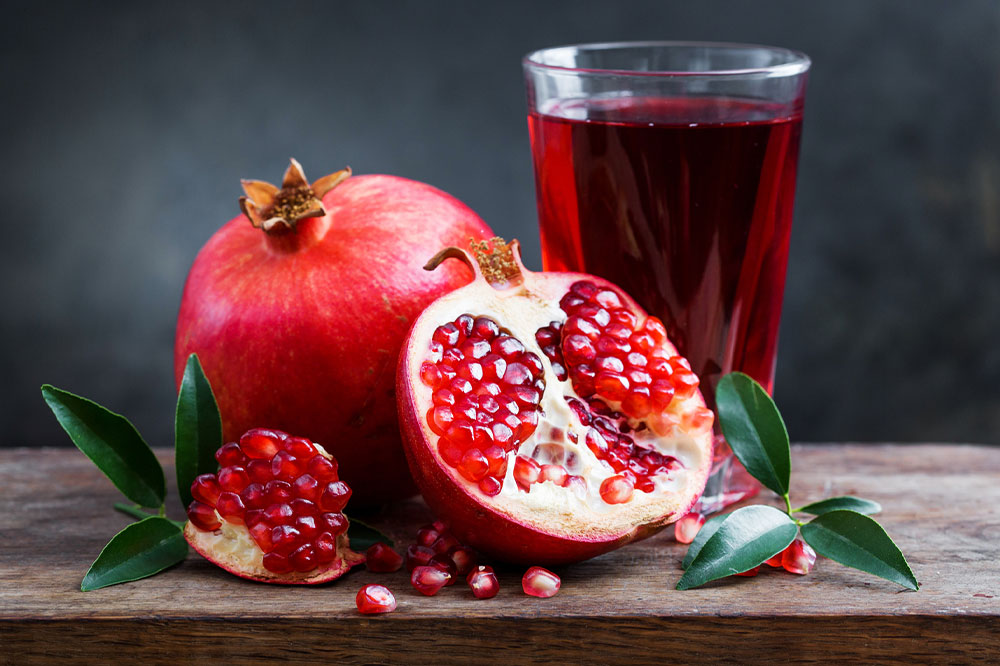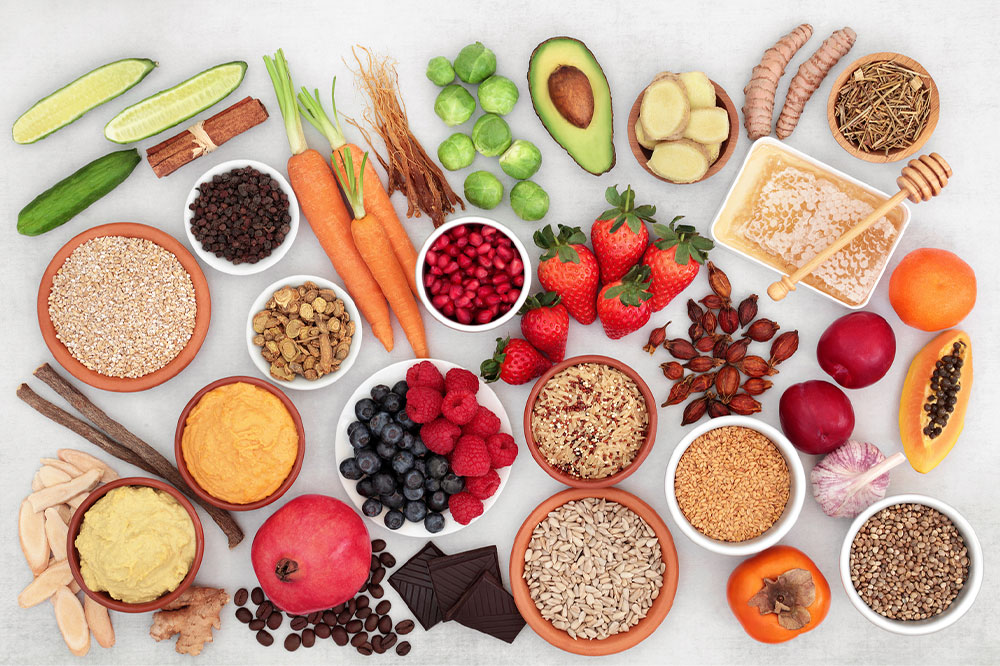Nutritional Strategies to Alleviate Asthma Symptoms
This article explores how specific dietary choices can help manage asthma symptoms. Emphasizing anti-inflammatory foods rich in vitamins C and D, magnesium, beta-carotene, and omega-3 fatty acids, it highlights foods that can support immune health and improve breathing. While not a cure, proper nutrition can reduce symptom severity and enhance overall well-being, especially when combined with medical treatment. Practical dietary tips and sources are included for effective asthma management through nutrition.
Sponsored

Effective Nutritional Approaches to Minimize Asthma Symptoms
Although modern medicine offers various treatments, lifestyle changes and dietary adjustments can significantly help manage asthma symptoms. Many experts believe that food can act as medicine; Hippocrates famously said, "Let food be thy medicine." Incorporating specific nutrient-rich foods can reduce inflammation and enhance immune function. While these dietary modifications do not cure asthma, they can improve quality of life and lessen reliance on medication, especially for children and chronic sufferers. Consulting healthcare providers about personalized diet plans is recommended for optimal results.
Adjusting diet and lifestyle is an affordable approach to managing asthma. Though challenging, implementing these changes alongside conventional treatments can be beneficial. Dietary habits influence asthma symptoms, and specific foods can either trigger or alleviate them. Proper nutritional choices can help patients, young and old, lead healthier lives and minimize medication side effects, like corticosteroid impacts. Emerging research confirms that certain foods and dietary patterns can impact inflammation and respiratory health, making nutrition an essential part of asthma management.
Foods that promote anti-inflammatory effects and boost immune defenses are particularly helpful. It is vital to understand that such diet modifications support symptom control and do not replace medical treatment. Combining medication with targeted nutrition offers the best chance for improved respiratory health.
Key Foods That Reduce Airway Inflammation
Vitamin C
Known for its antioxidant properties, vitamin C is abundant in fruits and vegetables. It helps strengthen immunity, reduce coughs, and combat inflammation associated with asthma. Deficiency in vitamin C can increase susceptibility to asthma attacks. Foods rich in vitamin C include bell peppers, leafy greens, tomatoes, broccoli, strawberries, kiwis, and citrus fruits such as oranges and grapefruits.
Vitamin D
Researchers link low vitamin D levels to higher asthma risk. It influences immune response and reduces inflammation during respiratory infections. Natural sources include oily fish like salmon, sardines, and tuna, as well as oysters and shrimp. Sun exposure also boosts vitamin D production. Supplements may be necessary for those allergic or intolerant to certain foods, but always after consulting a healthcare professional.
Magnesium
This mineral helps relax lung and airway muscles, easing breathing difficulties. Including magnesium-rich foods such as nuts, seeds, whole grains, and leafy vegetables can be beneficial.
Beta-Carotene
Converted into vitamin A, beta-carotene supports immune health and can help reduce exercise-induced asthma episodes. Sources include carrots, sweet potatoes, green peppers, and apricots.
Omega-3 Fatty Acids
Preliminary research indicates omega-3s may lessen airway inflammation. Rich in seafood such as salmon, mackerel, and flaxseeds, these fatty acids are beneficial for respiratory health.
Besides these, incorporating the following foods can aid in managing asthma:
Apples
Contain flavonoids like khellin, which help reduce airway inflammation and facilitate breathing. Eating 2-5 apples weekly can be advantageous.
Caffeine
Moderate caffeine intake acts as a bronchodilator, helping open airways for several hours after consumption.
Garlic
Has anti-inflammatory and immune-boosting properties, thanks to allicin. It helps enhance immune defenses and reduce asthma episodes.
Remember, dietary strategies support but do not replace prescribed asthma treatments. Combining proper medication with nutritional adjustments can improve respiratory health and quality of life.






